ARTICLE 1 (definition of a child)
The rights set out in the United Nations Convention on the Rights of the Child (UNCRC) apply to everyone under the age of 18.
ARTICLE 2 (non-discrimination)
The rights set out in the UNCRC apply to every child whatever their race, colour, gender, language, religion, ethnicity, disability or any other status.
ARTICLE 3 (the best interests of the child)
In all decisions and actions that concern children, the best interests of the child shall be a primary consideration.
ARTICLE 4 (implementing the UNCRC)
The state must do all it can, through passing legislation and creating administrative systems, to promote and protect children’s rights.
ARTICLE 5 (parental guidance)
The state must respect the rights and responsibilities of parents to guide their child in exercising his or her rights and in a way that is consistent with a child’s developing capacities.
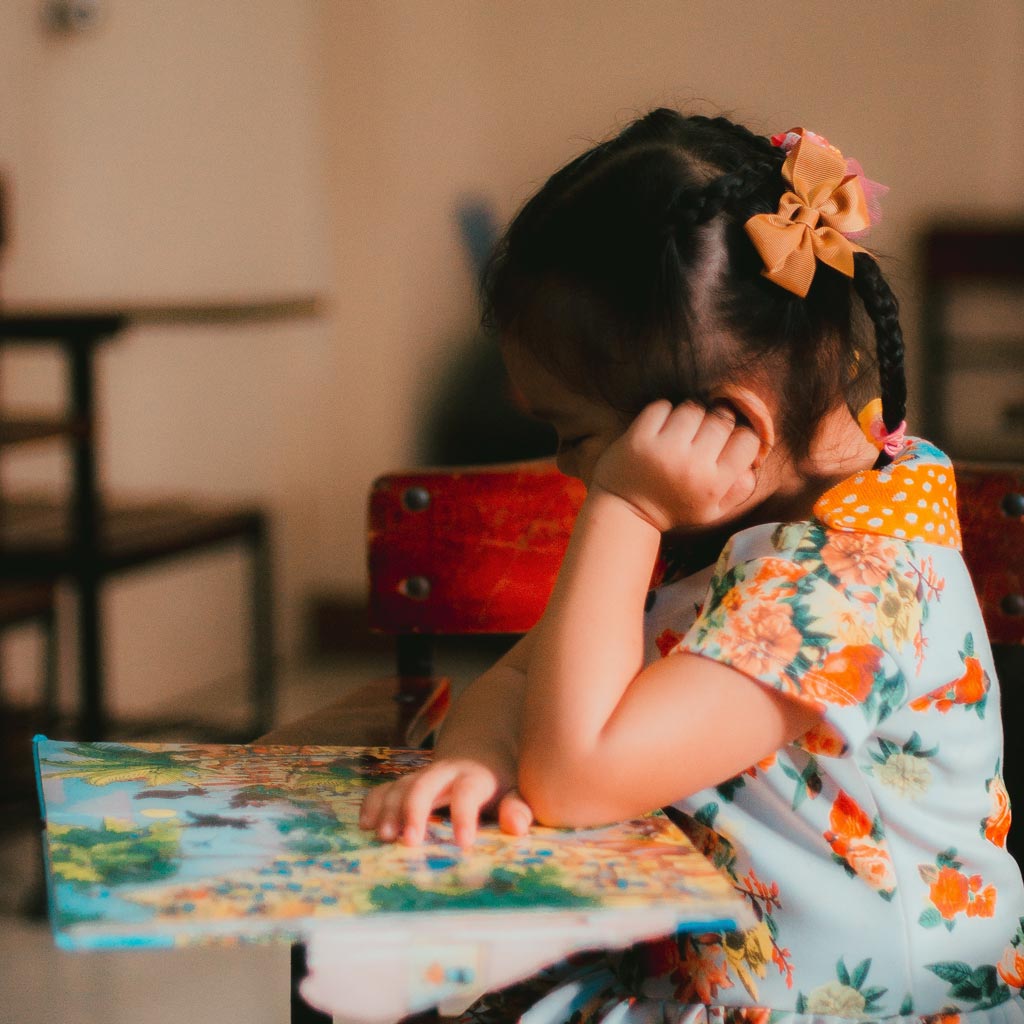
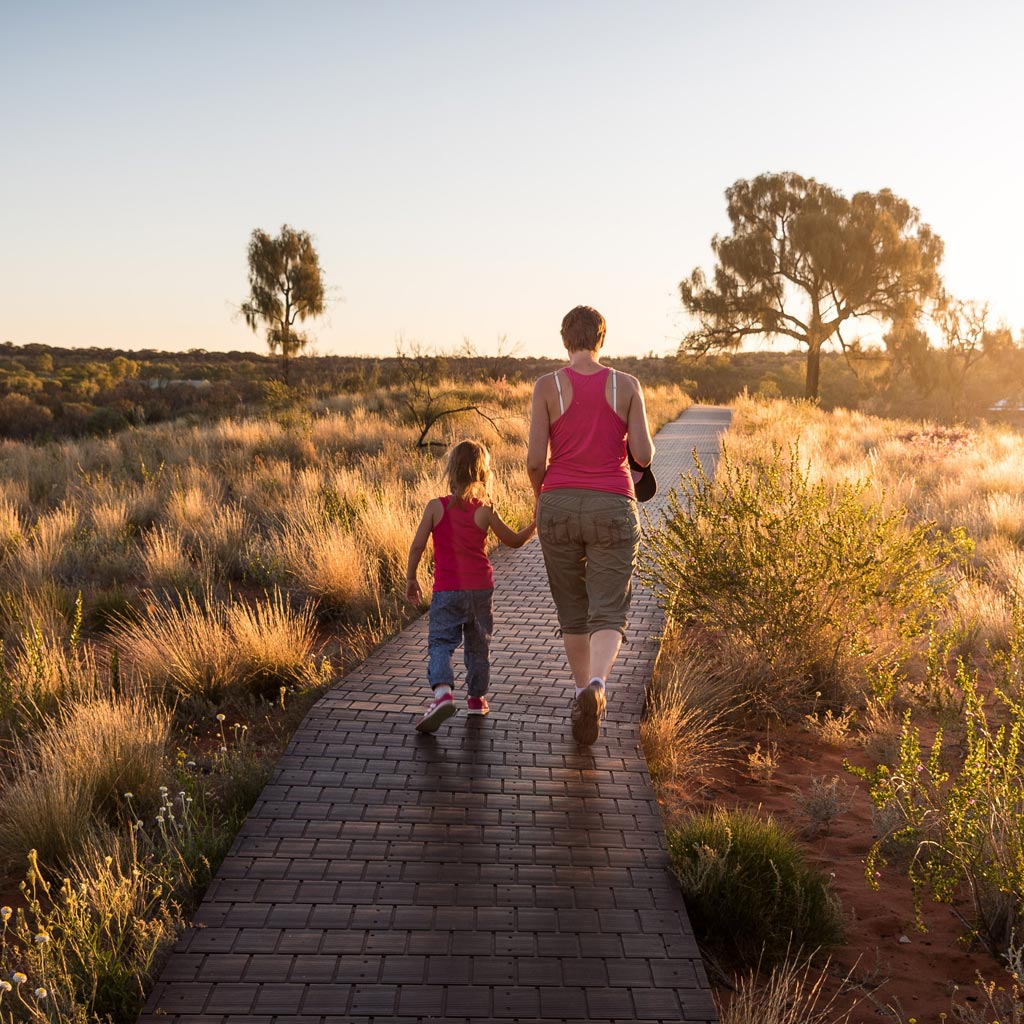
ARTICLE 6 (children’s survival and development)
Every child has the right to survive. The state must do all it can to make sure children survive and develop to the full extent possible.
ARTICLE 7 (birth registration)
Every child should be registered at birth and has the right to a name, to a nationality and, as far as possible, to be cared for by their parents.
ARTICLE 8 (identity)
Every child has the right to their identity – including their nationality, name and family relationships. Where a child is deprived of one or more elements of their identity, the state will act to re-establish them.
ARTICLE 9 (separation from parents)
No child should be separated from his or her parents against their will unless it is in the child’s best interests. Children whose parents have separated have the right to contact and a relationship with both parents, unless that’s not in the child’s best interests.
ARTICLE 10 (family reunification)
Where a separated child or his or her mother or father wishes to move to another country to be reunified as a family, the states involved should respond quickly and sympathetically. Children whose parents are separated and living in different countries have the right to maintain a personal relationship and direct contact with both parents.
ARTICLE 11 (abduction)
States shall take steps to stop children being illegally taken abroad by their parents or other relatives, or from being prevented from returning to their country.
ARTICLE 12 (respect for children’s views)
Every child has the right to express their views on matters that affect them, and for these views to be taken into consideration.
ARTICLE 13 (freedom of expression)
Every child has the right to find out and distribute information and to express their ideas – through talking, writing, art or any other form of expression.
ARTICLE 14 (freedom on thought, conscience and religion)
Every child has the right to think and believe what they choose, and to practise their religion, provided this does not prevent others from enjoying their rights. The state should respect the rights and responsibilities of parents to provide direction to their child that is appropriate to his or her development.
ARTICLE 15 (freedom of association)
Every child has the right to meet other people and to join groups and organisations, as long as this does not prevent others enjoying their rights.
ARTICLE 16 (privacy)
Every child has the right to privacy, including their family and home life, and they should be protected from unlawful attacks on their reputation.
ARTICLE 17 (mass media)
Every child has the right to find out information and material from a variety of media sources. The state should encourage mass media information that supports children’s wellbeing and development. The mass media should be encouraged to consider the linguistic needs of children from minority groups. The production and dissemination of children’s books should be encouraged. Children should be protected from information that may be damaging.
ARTICLE 18 (parental and state responsibilities)
The state should recognise that both parents have responsibility for a child’s upbringing and development, and the best interests of the child should be their primary concern. States should assist parents in this through support for care services.
ARTICLE 19 (protection from violence, abuse and neglect)
The state must do all it can to protect children from violence, abuse, neglect, bad treatment or exploitation by their parents or anyone else who looks after them.
ARTICLE 20 (alternative care)
If a child cannot be looked after by their parents, the state has a responsibility to provide alternative care. The child’s ethnic, religious, cultural and linguistic background should be considered.
ARTICLE 21 (adoption)
In adoption cases, the state should ensure the process is lawful and the interests of the child are paramount. Children should only be adopted overseas if a suitable family cannot be found in their own country.
ARTICLE 22 (refugee children)
Children seeking or who have refugee status have the rights set out in the UNCRC. Governments must provide protection and support, and must help children who are separated from their parents to be reunited with their family.
ARTICLE 23 (disabled children)
Disabled children have the right to enjoy a full life, with dignity, and to participate as far as possible in their community. The government should support disabled children and their families.
ARTICLE 24 (health and healthcare)
Every child has the right to the best possible health and to healthcare. The state should ensure children have healthcare services, nutritious food, clean water, a clean environment and healthcare information. Richer countries should support poorer countries in this.
ARTICLE 25 (children receiving healthcare away from home)
Children who are living away from home for healthcare have the right to regular reviews of their treatment and their situation.
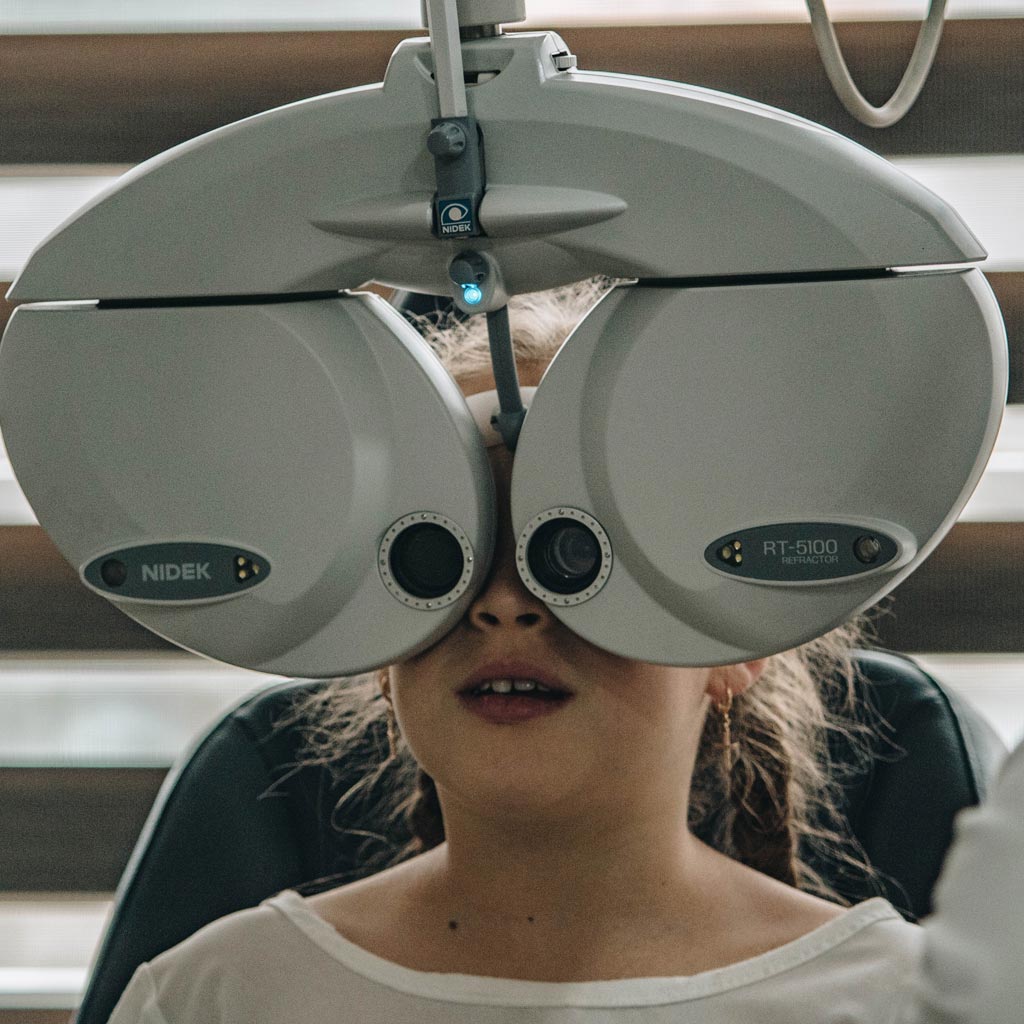
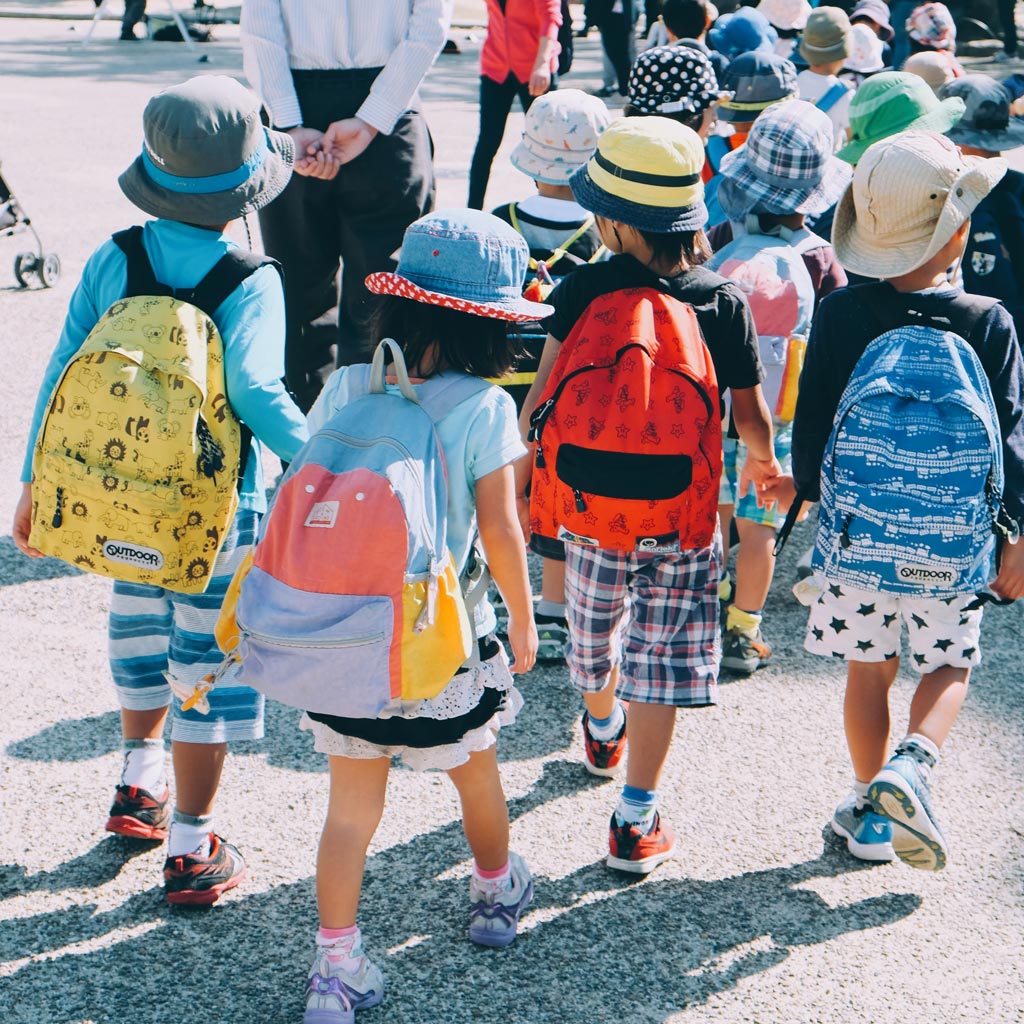
ARTICLE 26 (social security)
Every child has the right to benefit from social security. Governments must consider the circumstances of children and their family in assessing their need for assistance.
ARTICLE 27 (adequate standard of living)
Every child has the right to a decent standard of living to enable them to grow and develop. Parents are responsible for providing this. The state should support where necessary, particularly with a child’s nutrition, clothing and housing.
ARTICLE 28 (education)
Every child has the right to education. Primary education should be compulsory and free. Different forms of secondary education should be available to every child. School discipline should respect children’s dignity and rights. Richer countries should support poorer countries in this.
ARTICLE 29 (education and children’s development)
Education should help develop every child’s personality, talents and mental and physical abilities to the full. It should develop children’s respect for their own rights and those of others, for their parents, for their own culture and the cultures of others, and for the natural environment.
ARTICLE 30 (minority and indigenous groups)
A child from minority group has the right to enjoy their own culture, practise their own religion and use their own language.
ARTICLE 31 (play and cultural and artistic activities)
Every child has the right to relax, play and take part in cultural and artistic activities.
ARTICLE 32 (child labour)
Every child has the right to be protected from any work that is dangerous, that interferes with their education or that is harmful to their health. Governments must set a minimum working age and make sure working conditions are safe and appropriate.
ARTICLE 33 (drug abuse)
Children should be protected from using, producing or distributing illegal drugs.
ARTICLE 34 (sexual exploitation and abuse)
All children must be protected from all forms of sexual exploitation and abuse, including unlawful sexual activity, prostitution and in pornographic materials.
ARTICLE 35 (abduction, sale and trafficking)
The state should do all it can to prevent children being abducted, sold, or trafficked to another country and exploited.
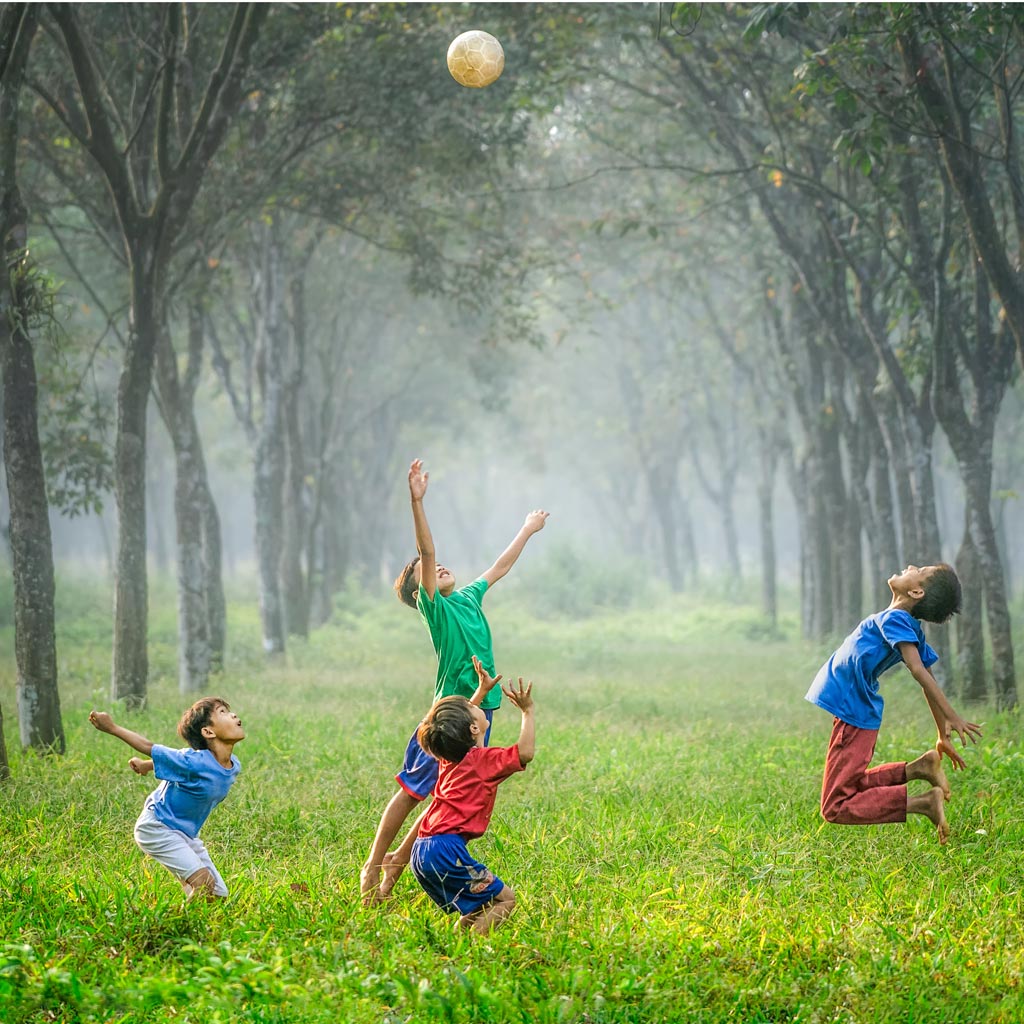
ARTICLE 36 (other forms of exploitation)
The state should protect children against all other forms of exploitation.
ARTICLE 37 (cruel treatment and detention)
No child should be tortured or treated in a cruel or inhuman way. Prison should be a last resort. Children who are detained should not be imprisoned with adults and they should have the opportunity to remain in contact with their family. No child should be given the death penalty or a sentence of life imprisonment without the possibility of release.
ARTICLE 38 (armed conflict)
States should do all they can to protect children under 15 from taking part in conflict of joining armed forces. Children in conflict zones should be given special protection.
ARTICLE 39 (recovery from trauma and reintegration)
States should do all they can to help any child who has been neglected, exploited, abused, tortured or involved in armed conflict to recover their health, self-respect and dignity, and to reintegrate.
ARTICLE 40 (juvenile justice)
Every child accused of breaking the law should be presumed innocent until proven guilty, have the option of legal assistance and be given a fair hearing. The state should establish a minimum age for criminal responsibility. It should avoid judicial proceedings where appropriate and desirable, and should have alternatives to institutional care.
ARTICLE 41 (national law and standards)
If a country’s laws and standards go further than the UNCRC in promoting children’s rights, they should be kept.
ARTICLE 42 (knowledge of children’s rights)
The state must make sure adults and children know about the principles and provisions of the UNCRC.